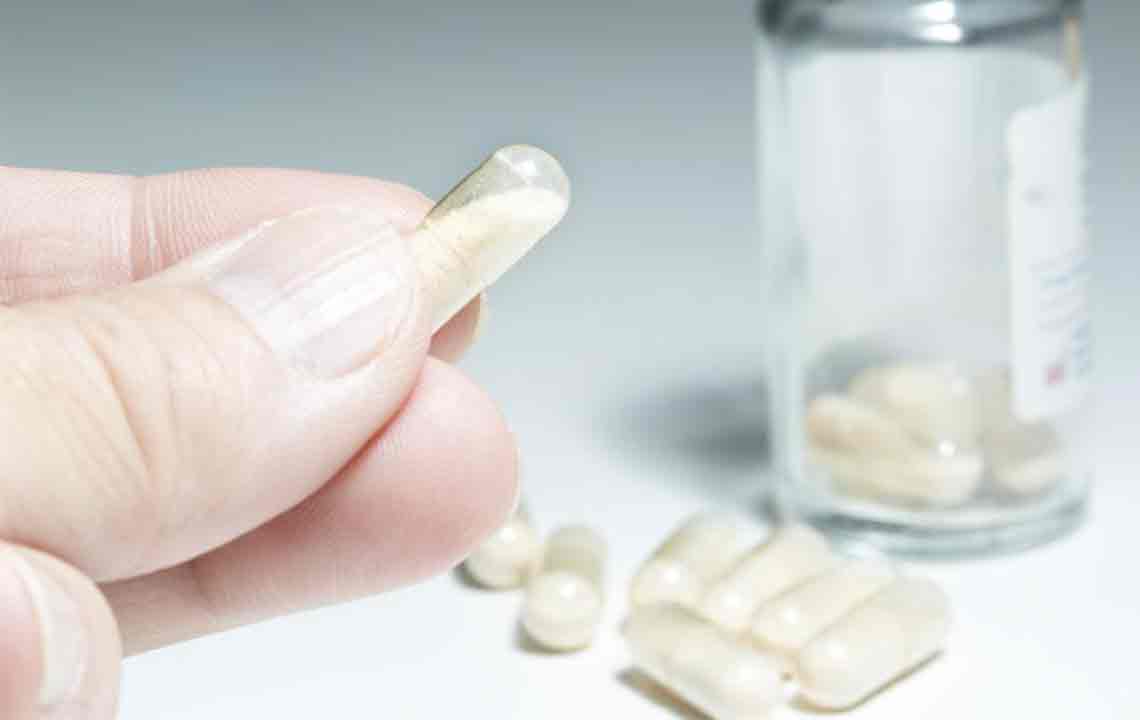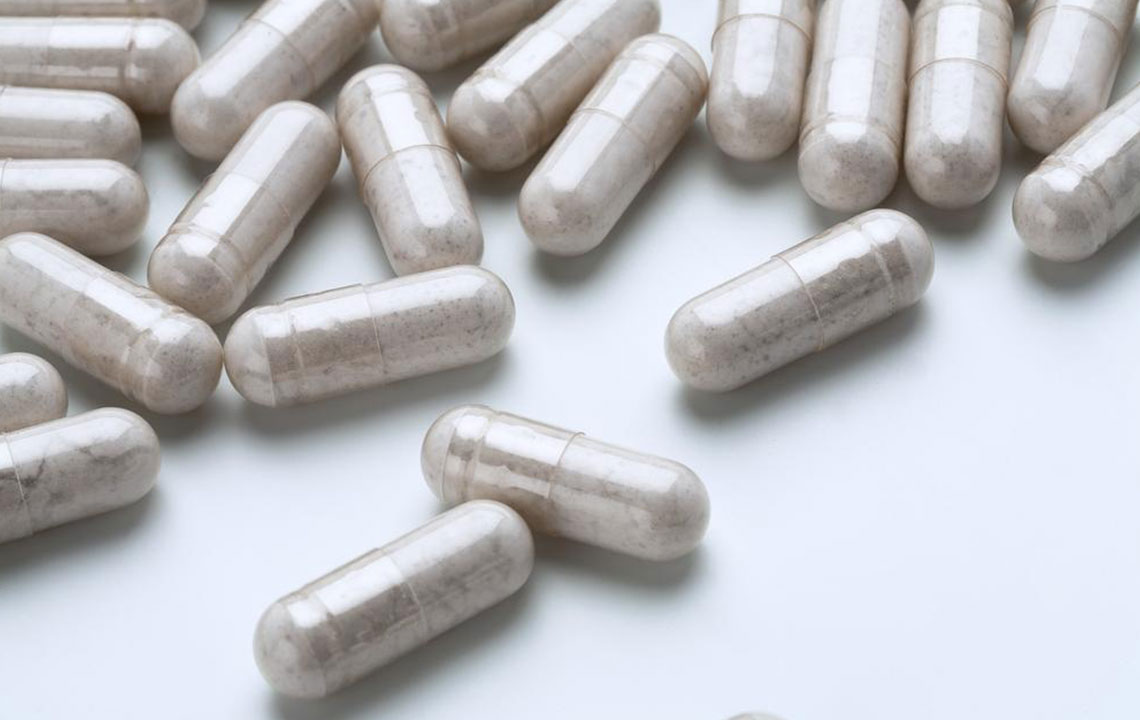Comprehensive Guide to Using Probiotics for Effective Relief from Constipation
This comprehensive article explores how probiotics can effectively relieve constipation through scientific insights and practical strategies. It discusses beneficial bacterial strains, dietary integration, lifestyle adjustments, and precautions, offering readers a thorough guide to supporting gut health naturally. Learn how to incorporate probiotics into daily routines for improved digestion and overall well-being.

Comprehensive Guide to Using Probiotics for Effective Relief from Constipation
Constipation is a common health concern affecting millions worldwide, often leading to discomfort, bloating, and other gastrointestinal issues. While lifestyle factors such as diet and activity levels play significant roles, recent scientific advancements highlight the importance of gut microbiota and the strategic use of probiotics to alleviate constipation effectively. This detailed guide explores how probiotics function, which strains are most beneficial, how to incorporate them into your daily routine, and practical tips for enhancing gut health for regular bowel movements.
Probiotics are live beneficial bacteria that naturally inhabit your digestive tract, playing a crucial role in maintaining your overall gut health. These microorganisms help balance the intestinal flora by suppressing harmful bacteria and promoting beneficial strains, which support digestion, nutrient absorption, and immune function. An imbalance in gut bacteria, often caused by poor diet, stress, or antibiotics, can lead to digestive issues like constipation. Recognizing the importance of this microbial balance is key to understanding how probiotics can serve as an effective remedy.
Understanding the Role of Probiotics in Gut Health
Probiotics support the natural ecosystem of your gut by providing beneficial bacteria such as Lactobacillus and Bifidobacterium strains. These microorganisms aid in breaking down food, synthesizing vitamins, and producing short-chain fatty acids that lubricate the intestines. When your gut flora is balanced, intestinal peristalsis — the wave-like muscular contractions that propel stool through the colon — functions optimally, reducing the risk of constipation.
How Probiotics Aid in Relieving Constipation
Research indicates that taking probiotics can significantly improve bowel regularity. These beneficial bacteria can reduce transit time—the period it takes for food to travel through your digestive system—by approximately 12 hours, facilitating quicker waste elimination. Regular intake enhances the frequency of bowel movements, with some studies showing increases of up to three additional movements per week. Moreover, probiotics help soften stool, making it easier to pass, and strengthen the gut lining, preventing future imbalances and constipation episodes.
Key Probiotic Strains for Constipation Relief
Bifidobacterium bifidum: Known for improving stool frequency and consistency, this strain enhances gut motility and overall digestive comfort.
Lactobacillus acidophilus: Supports lactose digestion and stimulates peristalsis, often reducing constipation symptoms.
Lactobacillus rhamnosus: Skilled at balancing gut flora, this strain can decrease transit time and improve stool form.
Combination formulations: Products containing multiple strains often provide broader benefits, improving overall gut health and transit efficiency.
Incorporating Probiotics into Your Diet
Integrating probiotics into your routine can be easily achieved through various food sources and supplements. Fermented foods like yogurt, kefir, sauerkraut, kimchi, and tempeh are rich natural sources of probiotics, especially strains like Lactobacillus and Bifidobacterium. When choosing supplements, look for high-quality products with clearly labeled strains and colony-forming units (CFUs), typically ranging from 1 billion to 10 billion CFUs per serving. Capsules, powders, and liquids are suitable delivery forms, allowing flexibility based on individual preferences.
Enhancing Probiotic Effectiveness with Dietary Fiber
To maximize the benefits of probiotics, combine them with a diet rich in dietary fiber—aiming for 25-30 grams daily. Fiber acts as food for the beneficial bacteria, promoting their growth and activity. Foods high in fiber include oats, beans, lentils, fruits, and vegetables. This synergy helps produce short-chain fatty acids, which lubricate the intestinal walls and encourage healthy peristalsis, reducing constipation risk further.
Lifestyle Tips for Supporting Gut Health
Stay Hydrated: Adequate water intake keeps stool soft and facilitates smooth bowel movements.
Exercise Regularly: Physical activity stimulates intestinal motility and promotes overall gut health.
Limit Processed Foods: Reduce intake of high-fat and processed foods that can disrupt microbial balance.
Avoid Overuse of Antibiotics: Use antibiotics only when necessary, as they can deplete beneficial bacteria.
Manage Stress: Chronic stress negatively impacts gut health; practices like meditation and mindfulness can help.
Consult Healthcare Professionals Before Starting Probiotics
While probiotics are generally safe for most individuals, it’s crucial to consult with healthcare providers before beginning supplementation, especially if you have underlying health conditions or are immunocompromised. Proper guidance ensures you choose the right strains and dosages tailored to your specific needs. Additionally, it helps monitor and minimize potential side effects such as bloating, gas, or allergic reactions, ensuring a safe and effective approach to improving your digestive health.
In conclusion, probiotics offer a natural, scientifically-supported method for alleviating constipation. When combined with a fiber-rich diet and healthy lifestyle choices, they can significantly enhance bowel regularity and overall gut function. Proper strain selection, adequate daily intake, and medical consultation are essential to maximize benefits and ensure safety. Emphasizing gut health through probiotics not only relieves constipation but also promotes better nutrient absorption, immune function, and overall wellness.





